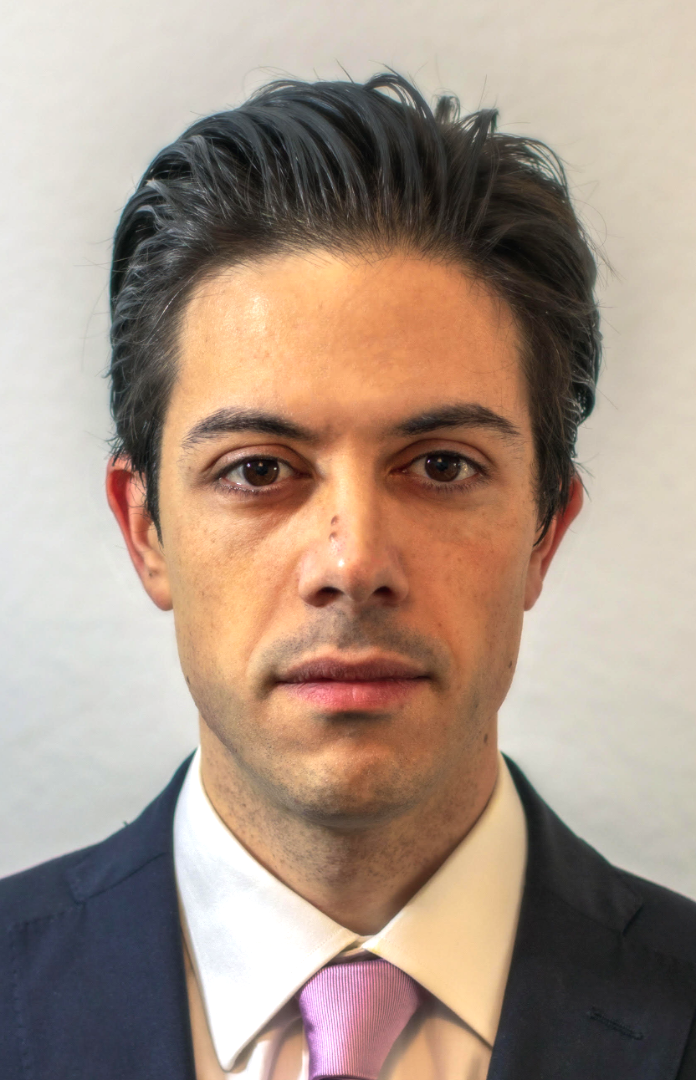
MatSE welcomed Carlos Lopez as a new assistant professor in January.
Lopez’s research focuses on the structure and rheology of various soft matter systems, including polyelectrolyte solutions, poly (ionic liquid) gels, and soft colloidal dispersions.
"I am pleased to announce the addition of Dr. Carlos Lopez to our department," said Susan Sinnott, head and professor of materials science and engineering. "His extensive expertise in soft matter systems, combined with his innovative research on polyelectrolytes and polymer rheology, will significantly enhance our department's research profile and offer our students invaluable learning opportunities."
Lopez received his bachelor of science and master of science degrees in experimental and theoretical physics from the University of Cambridge in 2010, and his Ph.D. in chemical engineering from Imperial College London in 2015, under the supervision of Professor Joao T. Cabral.
His graduate research focused on understanding the properties of polyelectrolytes in solution using rheological and scattering techniques. He developed microfluidic flow cells compatible with small angle neutron scattering, in collaboration with the Institute Laue Langevin, Europe’s leading neutron source. Lopez worked as a postdoctoral researcher in Germany, first at the University of Paderborn (2015-2016) and then at RWTH Aachen University, where he started his research group in 2020. His work during that time combined fundamental research into the self-assembly of intermediate filament proteins, microgel thermodynamics, and the rheology of polymer solutions with industrial projects on dye transfer inhibition and perfume deposition in laundry detergents.
“I'm thrilled to join the Department of Materials Science and Engineering at Penn State and look forward to getting to know and working with the many talented faculty and students here,” Carlos said. “Penn State has unique research capabilities, including the new SANS instrument which is expected to be operational in the future. I look forward to working with these,” he added.
At Penn State, the Lopez group focuses on understanding the structural and dynamic properties of soft matter systems, particularly charged polymers and biopolymers, using scattering and rheological techniques. Their research applies simple scaling models to understand the physics of complex multicomponent systems such as polyelectrolyte solutions and gels.

